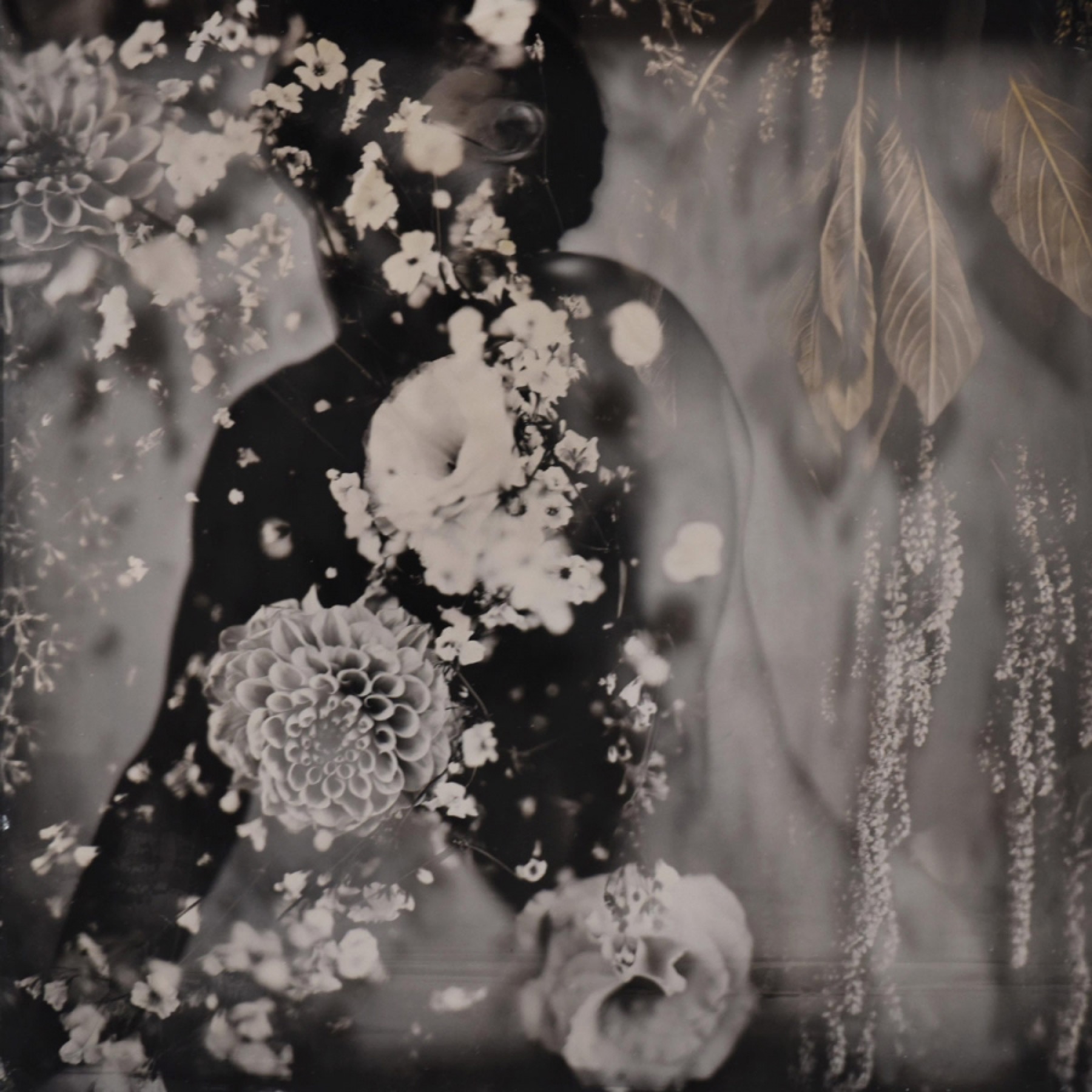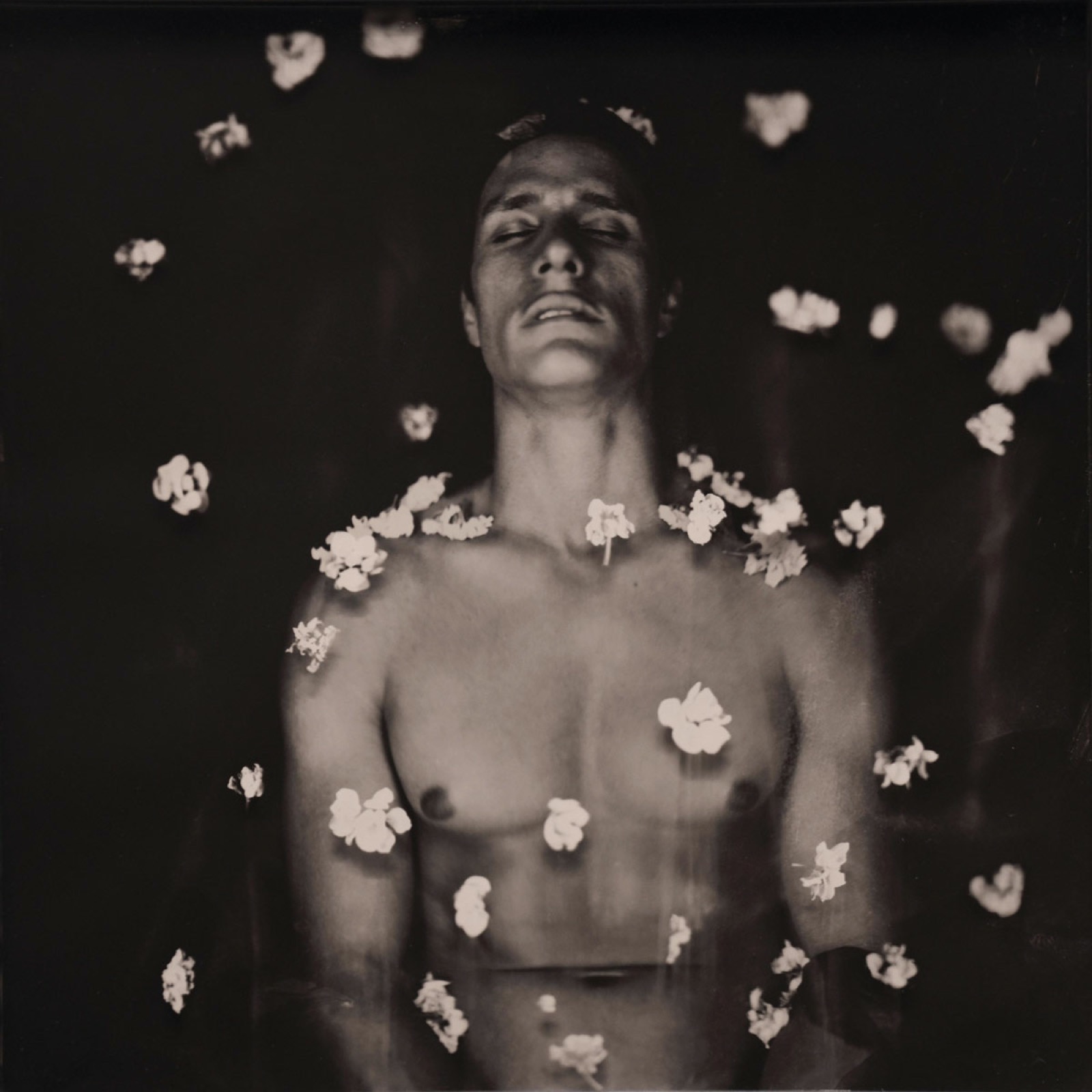
Photograph by Matthew Finley, mfinleyphoto.com
The Wild
By Seth Pennington and Bryan Borland
Crashing against the mountain, the sun
breaks into a million rubies across the frosted panes
of leaves, and every roof of every house is painted
in a thin wainscoting of frost so the shingles brown
what is underneath. The earth is trying to cure grief
by way of cold and light. I decide it’s better to come than
cry. In bedsheets, we are gravel thrown
from the wheels of a pickup; we are making a mess
of our bodies, so our lives will be less so.
In the end, it is snow across your stomach,
raw snow inside you, and I wonder how quickly
the roofs will shed their white morning,
how a window without the sun breaking across it
is just another window, and I think here is love,
when a thing holds within all it can ever be and then
all its nothingness, right after, and the man you were
just inside isn’t reaching for his keys, he’s spinning
your grandmother’s golden wedding band,
the heirloom you gave him two thousand miles
away in a sudden blizzard, when neither of you had
ever seen snow.
Now we’ve seen the world or dreamed it
together we’ve named every beast
every bird is familiar every hole is marked
with the memory of a once-twisted ankle
so we walk our world deliberate there
is nothing dangerous anymore if danger
is how we define the beginnings of love when we
abandon the blueprint of our own possibility
and the pathways into another’s body become
the only map that matters we’ve memorized
the edges and corners can follow the other
in the safe of our dark enough
years have passed that we’ve been dreaming
of danger again those individual desires
we buried but never forgot where
you stand on a mountain today
I sit at my desk we are
thinking of each other this
is the middle part of love.
My Papa spent his whole life watching.
He built houses, the blueprint
in his mind, wired strip malls and paper mills
with electric. Drove his wife into Appalachia
to see her glow with gossip
at her sister’s side. Now it’s all shadows,
the million muted colors dark makes
as his eyes flame out. He gets led through
the home he built by a string,
and in the grocery, he follows the bleached
bright shoes of Grandma shuffling
after cereal and a loaf of honey wheat.
Sometimes you can hear him calling
out after her, when she’s moved too fast
down the aisle, and I swear, if I close my eyes
I can hear me in his voice.
 Photograph by Matthew Finley, mfinleyphoto.com
Photograph by Matthew Finley, mfinleyphoto.com
See? There is still danger
though we dare not speak it we survive
the strange month when everyone dies
the moonflowers bloom one final time
in the approach to a change of season after you
bury your mother’s dog by hand
your mouth is a tomb I stand outside
some goodbyes we see coming like a storm
on the radar and we prepare
some surprise us with a tear in the roof
and rivers falling all over the living
room we make our plans
our instructions clear one of us will
drive the car the other will be
gone a song will play on the radio
we sang together there is still danger yes
but we dare not speak it now
Why does it feel safer to mourn an animal?
We don’t speak our own danger,
but I write it and worry I’ll be like the poet
who wrote his twin’s life ending until it did.
That I’ll be left navigating
a life alone with everything
reminding me of you—the books
stamped with our names,
how we mapped our years
in letters scrawled on the insides
of covers so we could trace back
our steps to the love
we found once in the bed in the burgundy
and blue room in the sunrise
when what we knew most was my brokenness,
how every other pair of arms felt like emptiness;
or maybe, even simpler: the beard shavings,
brown and those you say you earned,
the grays that catch so much light, catch
the eye like a star shooting, scattered
at the sink which will crumble me
at the mirror every morning and every night
where I will hate to brush my teeth
like I’ve always hated to brush my teeth, but in that room
I’ll hear you telling me, Take care of yourself.
Those early Sundays having the luxury
of just us having come into one another’s
orbit sweeping everything else away
work suffered plants went unwatered
sleep deprived in a sexual trance
leaner wallets we spent like no tomorrow
there was no tomorrow our heaven was this
older now having grown this universe
you in bed reading in the other room
I watch the lights on the bluffs replaced
by the waking sun in the house we picked
up where others left off the for-sale sign
swinging in the front yard then gone
these cabinets that open doors to
the nonlinear notion of time some days
it’s still the day we first touch the smell of coffee
on your shirt some mornings
we don’t say much at all I unpack
the boxes put the book on the shelf
the gift in which you wrote to me
years from now can you still feel the excitement?
and in an autumn then unimaginable
I answer you yes.


